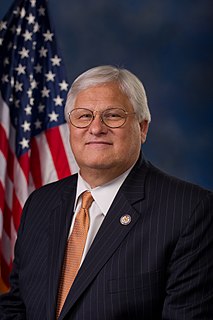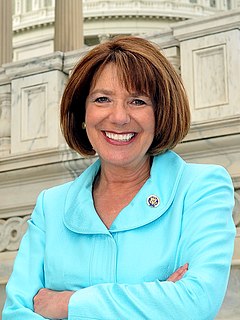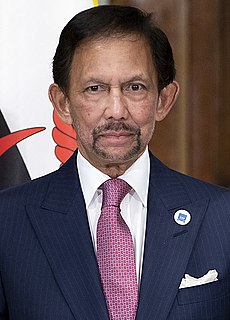A Quote by T. Boone Pickens
We are now spending half a trillion dollars on foreign oil, importing 62 percent of the oil we use, and we haven't had the leadership in D.C. to do anything about it. We've got to move to other sources of energy. But we've gotten way behind, and will continue to pay the fiddler. It's not a good future.
Related Quotes
This curious faith is predicated on the notion that we will soon develop unlimited new sources of energy: domestic oil fields, shale oil, gasified coal, nuclear power, solar energy, and so on. This is fantastical because the basic cause of the energy crisis is not scarcity: it is moral ignorance and weakness of character. We don't know how to use energy or what to use it for. And we cannot restrain ourselves. Our time is characterized as much by the abuse and waste of human energy as it is by the abuse and waste of fossil fuel energy.
I can at once refute the statement that the people of the West object to conservation of oil resources. They know that there is a limit to oil supplies and that the time will come when they and the Nation will need this oil much more than it is needed now. There are no half measures in conservation of oil.
In the near term, oil is galloping ahead and leading our economy. We have to corral the "horse" and gradually reduce our dependence on oil and coal, in their present forms. Green-energy investment is inherently high-tech, and we could lead in the next-generation energy technologies, as we did and do now with oil and gas. All it takes is leadership!
The climate, financial and national security crises are all connected. They share the same cause: Our [the USA's] absurd dependency on foreign oil. As long as we need to spend billions of dollars each year to buy foreign oil from state-run oil companies in the Persian Gulf, our problems of a trade deficit, a budget deficit and a climate crisis will persist.
OK, so $1 trillion is what it costs to run the federal government for one year. So this money's going to run through September of 2016. Half of the trillion dollars goes to defense spending and the Pentagon. The other half goes to domestic spending - everything from prisons to parks. So there's also about 74 billion in there that goes to the military operations that we have ongoing in Iraq and Afghanistan and Syria.
There's a huge misconception that it's all about the oil, and the truth is there's actually not much oil left in Abyei. The misperception arose because when the peace agreement was signed in 2005, Abyei accounted for a quarter of Sudan's oil production. Since then, the Permanent Court of Arbitration in The Hague defined major oil fields to lie outside Abyei. They're in the north now, not even up for grabs, and they account for one percent of the oil in Sudan. The idea that it's "oil-rich Abyei" is out of date.
We've got to control our own energy. Now, not only oil and natural gas, which we've been investing in; but also, we've got to make sure we're building the energy source of the future, not just thinking about next year, but ten years from now, 20 years from now. That's why we've invested in solar and wind and biofuels, energy efficient cars.
President Obama has offered a plan with 4 trillion dollars in debt reduction over a decade, with two and a half dollars of spending reductions for every one dollar of revenue increases, and tight controls on future spending. It's the kind of balanced approach proposed by the bipartisan Simpson-Bowles commission.
Scientists had said, "If you keep burning coal and gas and oil, you will melt the Arctic." And then the Arctic melted just as they had predicted. Did Shell Oil look at the melt and say, "Huh, maybe we should go into the solar-panel business instead?" No, Shell Oil looked at that and said, "Oh, well, now that it's melted it will be easier to drill for more oil up there." That's enough to make you doubt about the big brain being a good adaptation.


































